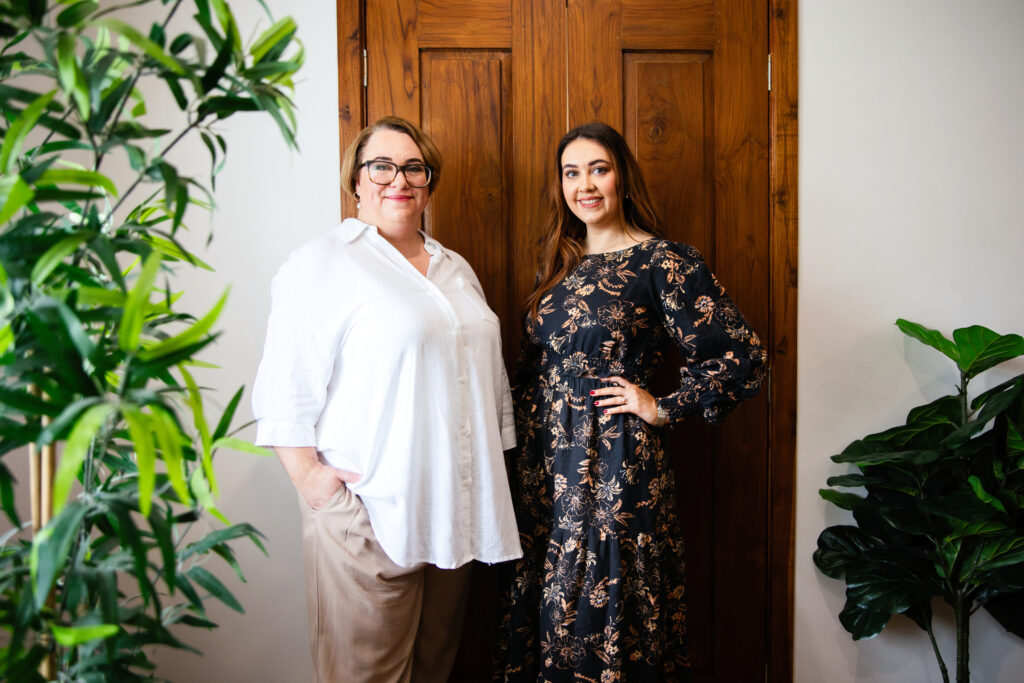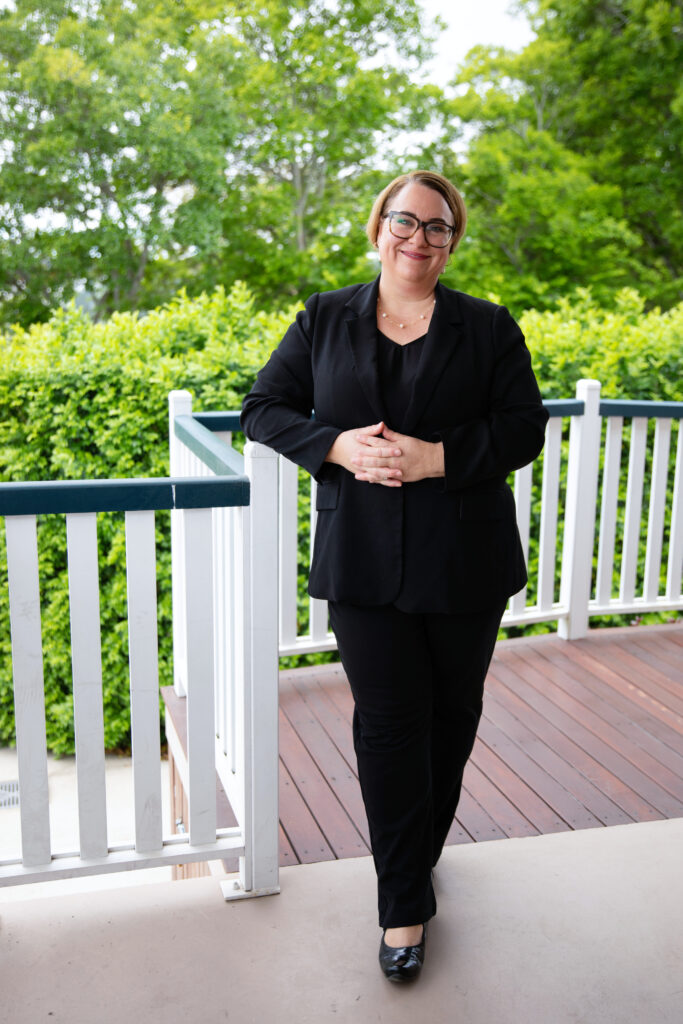
Domestic violence is a serious issue that affects many
individuals and families in Queensland, Australia. It involves any form of
abusive or violent behaviour by one person towards another within a domestic
relationship. If you are a victim of domestic violence, it’s crucial to
understand your legal rights, especially when it comes to communication with
the alleged perpetrator – the respondent.
At Ryder Lawyers, we help individuals who
are experiencing domestic violence. Our family lawyers provide guidance and
legal representation to protect victims and ensure their safety. One of the
most frequently asked questions we receive is whether the aggrieved person (the
victim) can contact the respondent after a Domestic Violence Order (DVO) has
been issued. This article aims to provide a clear answer to this important
question and offer helpful information for those affected by domestic violence
in Queensland.
What is Domestic Violence in Queensland?
Domestic violence can take many forms, including physical,
emotional, psychological, financial, and sexual abuse. In Queensland, domestic
violence is defined as a pattern of behaviour used to control, intimidate, or
dominate another person, typically within a domestic or intimate relationship.
This could involve:
- Physical
violence (hitting, slapping, pushing)
- Emotional
or psychological abuse (threats, manipulation)
- Economic
abuse (controlling finances, preventing access to money)
- Sexual
abuse (forcing or coercing sexual activity)
- Stalking
or harassment (persistent unwanted contact or surveillance)
Domestic violence is illegal in Queensland, and victims have
the right to seek protection through the legal system.
What is a Domestic Violence Order (DVO)?
A Domestic Violence Order (DVO) is a legal order issued by
the court to protect a person from domestic violence. The order is designed to
prevent the respondent (the alleged perpetrator) from engaging in certain
behaviours that threaten the safety of the aggrieved (the victim). A DVO can
include various conditions, such as:
- Prohibiting
the respondent from contacting or approaching the aggrieved
- Ordering
the respondent to leave a shared home
- Prohibiting
the respondent from possessing firearms or other weapons
- Imposing
other restrictions aimed at ensuring the safety and wellbeing of the
aggrieved
DVOs can be either temporary or final, depending on the
stage of the proceedings and the circumstances of the case.
Can the Aggrieved Contact the Respondent?
One of the most crucial aspects of a Domestic Violence Order
is the conditions it places on the respondent. A common question that arises is
whether the aggrieved can contact the respondent after a DVO has been issued.
The short answer is: No, the aggrieved should not contact the respondent if
a DVO has been made.
A DVO typically includes conditions that prohibit the
respondent from contacting the aggrieved person in any form, which can include
phone calls, text messages, emails, social media, or in-person interactions.
These conditions are put in place to protect the aggrieved from further harm
and ensure their safety.
Why Shouldn’t the Aggrieved Contact the Respondent?
- Violation
of the Order: If the aggrieved contacts the respondent after a DVO has
been issued, they may inadvertently violate the conditions of the order.
While the respondent is restricted from contacting the aggrieved, the
aggrieved may also be expected to avoid communication to ensure the safety
of all parties. Violating a DVO can have serious consequences, including
criminal charges.
- Increased
Risk: Contacting the respondent may lead to further abuse or
harassment. Many victims of domestic violence find that even minimal
contact can escalate the situation, as abusers often use communication as
a tool for manipulation, control, or intimidation.
- Legal
Complications: Contacting the respondent could also complicate the
legal proceedings. The court may view such communication as a sign that
the aggrieved person does not feel threatened or may be willing to drop
the charges, which could impact the outcome of the case or the DVO’s
conditions.

What to Do if the Aggrieved Needs to Communicate with the
Respondent?
There are situations where the aggrieved might need to communicate with the respondent, such as arranging child custody or property matters. In these cases, the aggrieved can:
- Use a Third Party: If communication is necessary, it should be done through a neutral third party, such as a lawyer or a mediator. This helps ensure that the aggrieved’ s safety is not compromised and that any necessary communication is done in a controlled and professional manner.
- Contact the Police: If the aggrieved is concerned about safety or needs to contact the respondent for urgent matters, they should reach out to the police for assistance. The police can help enforce the conditions of the DVO and ensure that the aggrieved’ s rights and safety are protected.
- Seek Legal Advice: If there is a legitimate need to contact the respondent, it is advisable to seek legal advice from an experienced domestic violence lawyer. Ryder Lawyers can assist you in understanding the legal ramifications of any potential communication and help you navigate this challenging situation.
What Happens if the Respondent Contacts the Aggrieved?
If the respondent contacts the aggrieved in violation of the DVO, it is important to document the incident and immediately report it to the police. Breaching a DVO is a criminal offense, and the respondent can face serious legal consequences, including arrest and charges. The police will investigate the breach and take appropriate action to ensure the safety of the aggrieved.
How Ryder Lawyers Can Help
At Ryder Lawyers, we understand the trauma and complexity of domestic violence cases. Our expert team of family lawyers provides
compassionate support and legal advice for victims of domestic violence in Queensland. We can assist you in applying for a DVO, ensuring the order is enforced, and providing guidance on how to navigate any communication-related issues with the respondent.
If you are facing domestic violence or need advice on whether you can contact the respondent, don’t hesitate to contact Ryder
Lawyers. We are here to protect your rights and ensure your safety.
Conclusion
In Queensland, if a Domestic Violence Order (DVO) is in place, the aggrieved person should avoid contacting the respondent. Doing so
could violate the conditions of the order and increase the risk of further abuse. It is always best to communicate through a lawyer, third party, or official channels, such as the police, to ensure safety and comply with the law. If you are experiencing domestic violence, Ryder Lawyers is here to help you through the legal process, protect your rights, and keep you safe.
how to conNECT WITH us
FOR NEW CLIENTS
Get in Touch
Reach out to us by phone on (07) 3709 1330 or book a call-back from a lawyer at a time that works for you. Our expert team is ready to listen and to start the conversation about how we can work together.
Free Family Law Consultation
We offer a no-obligation, free 15-minute phone consultation for all new Family Law clients to discuss your situation. Let’s work out if we are a good fit for you, and discuss your options. How can we help?
Legal Advice Appointments
Book a legal advice appointment at our Daisy Hill office. A lawyer will answer your questions, give you advice about your rights and options, and plan a way forward. Legal advice appointments attract a fee of between $275 and $880. Call us on (07) 3709 1330 or request a call-back to schedule.




